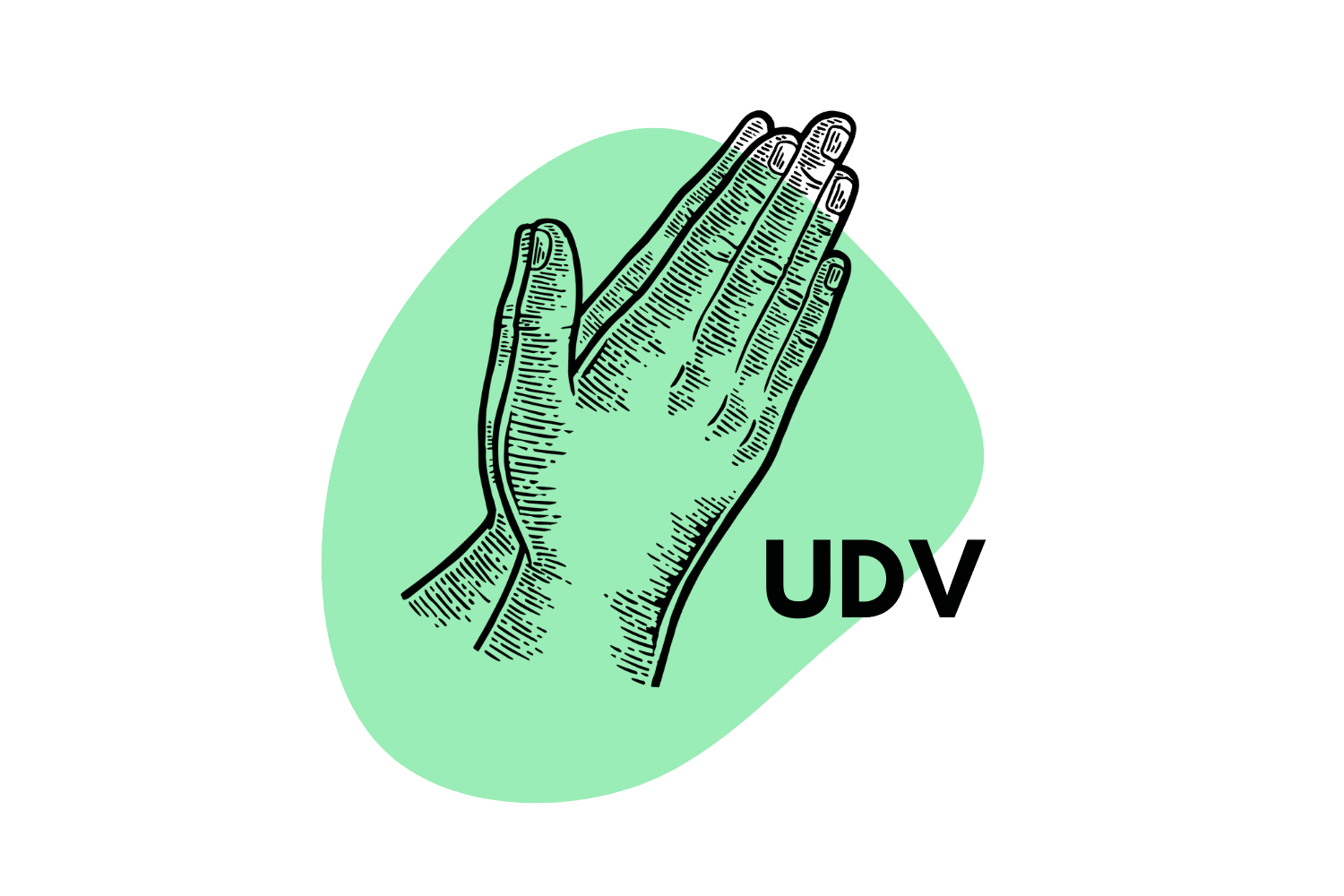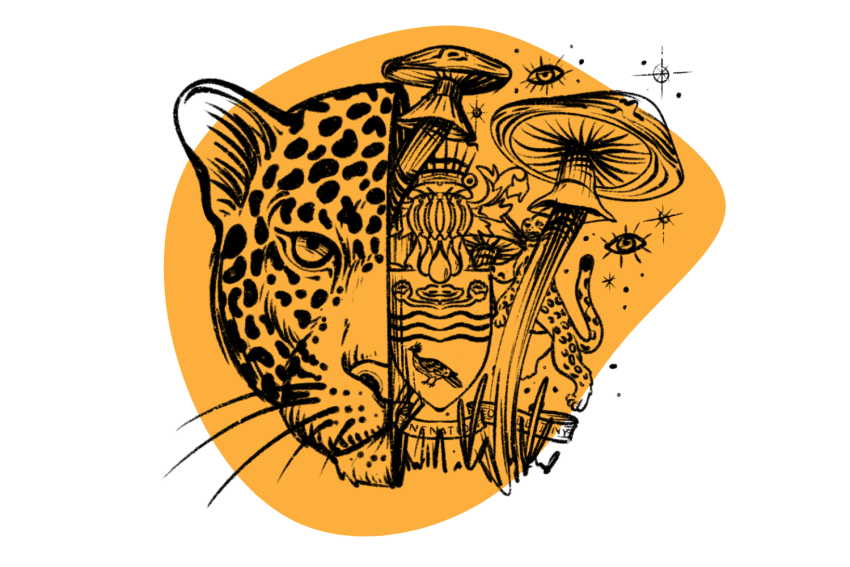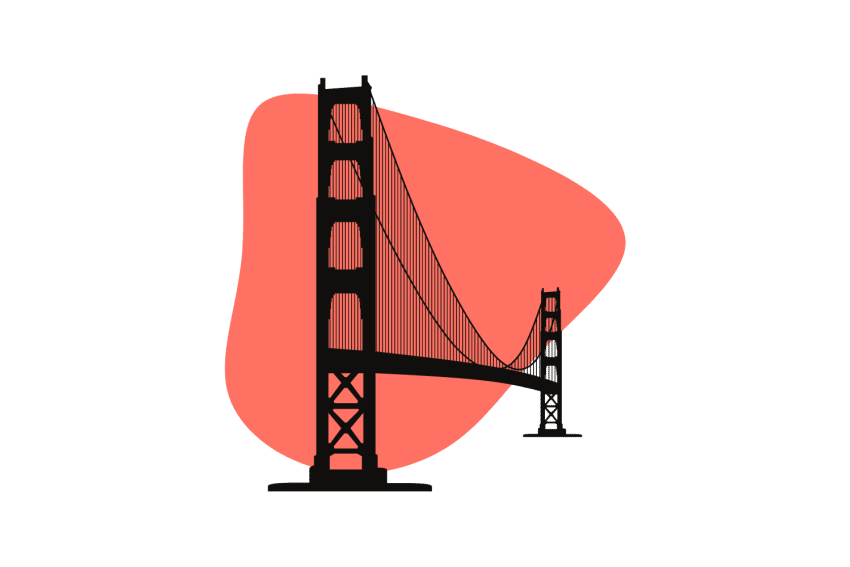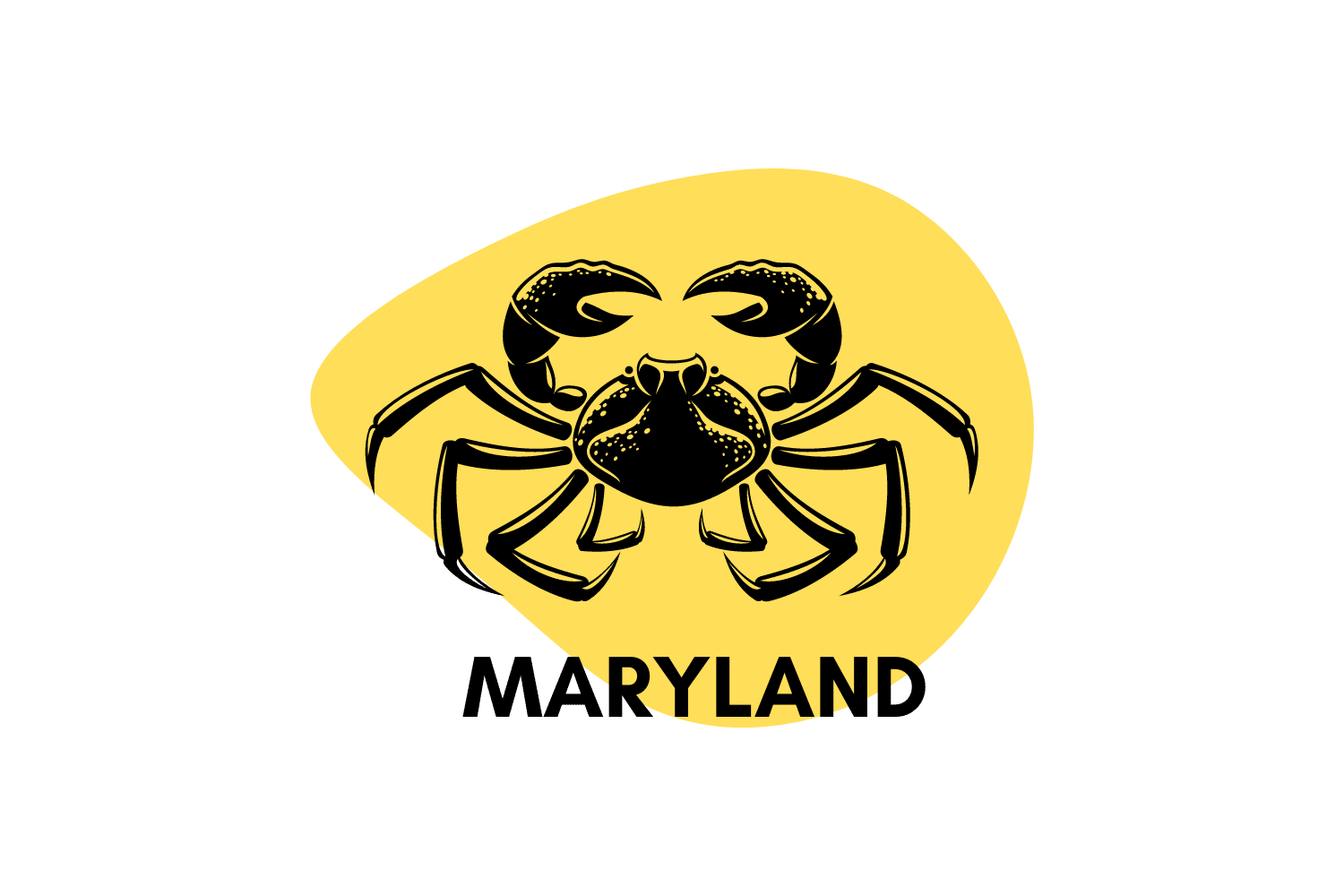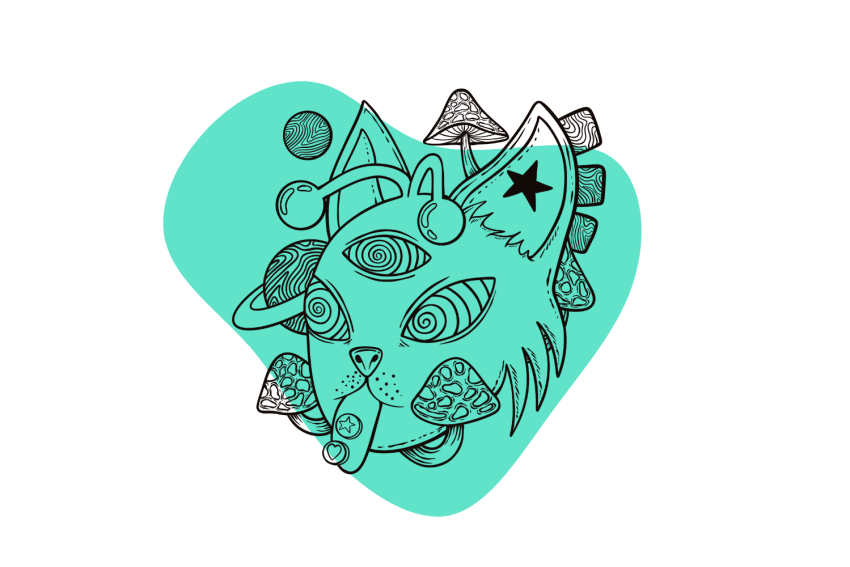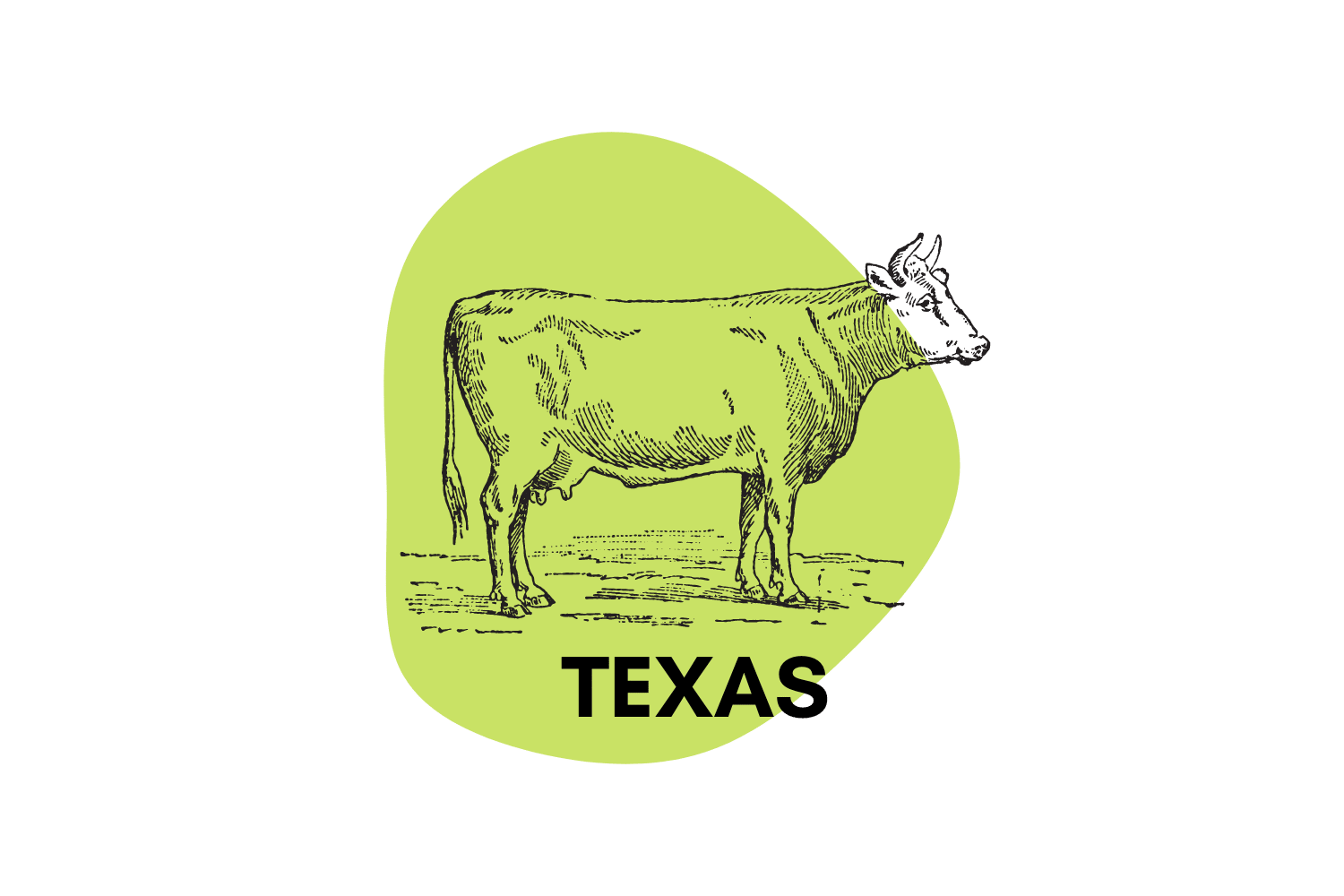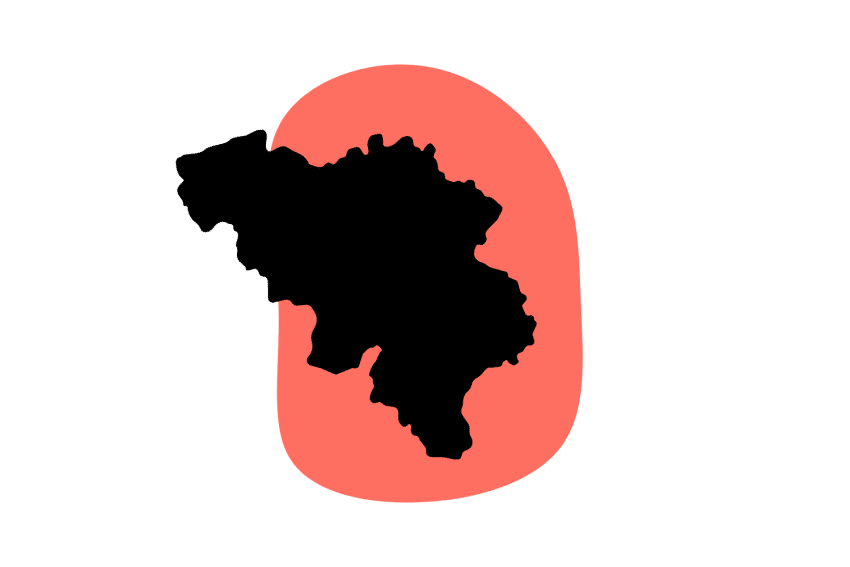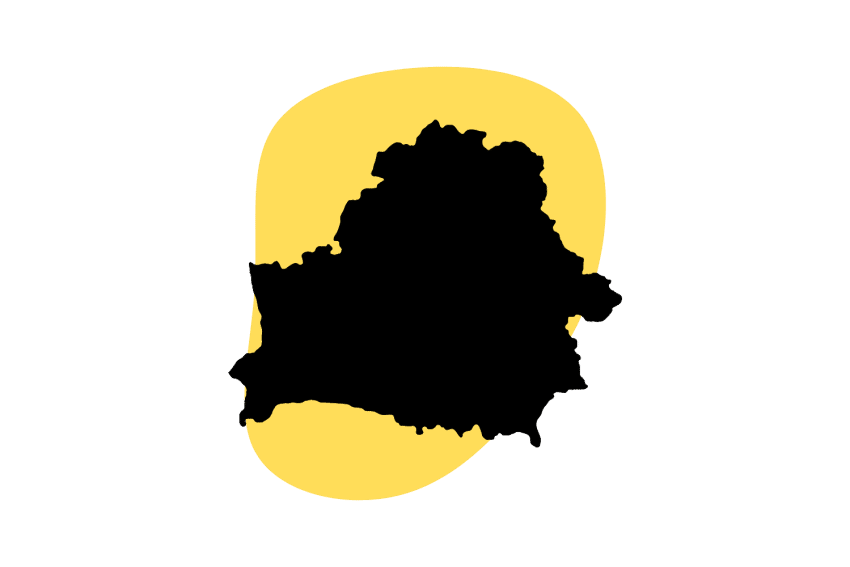Psychedelic Drugs in California: Current Laws & Updates 2023
California almost decriminalized psychedelics. Almost.
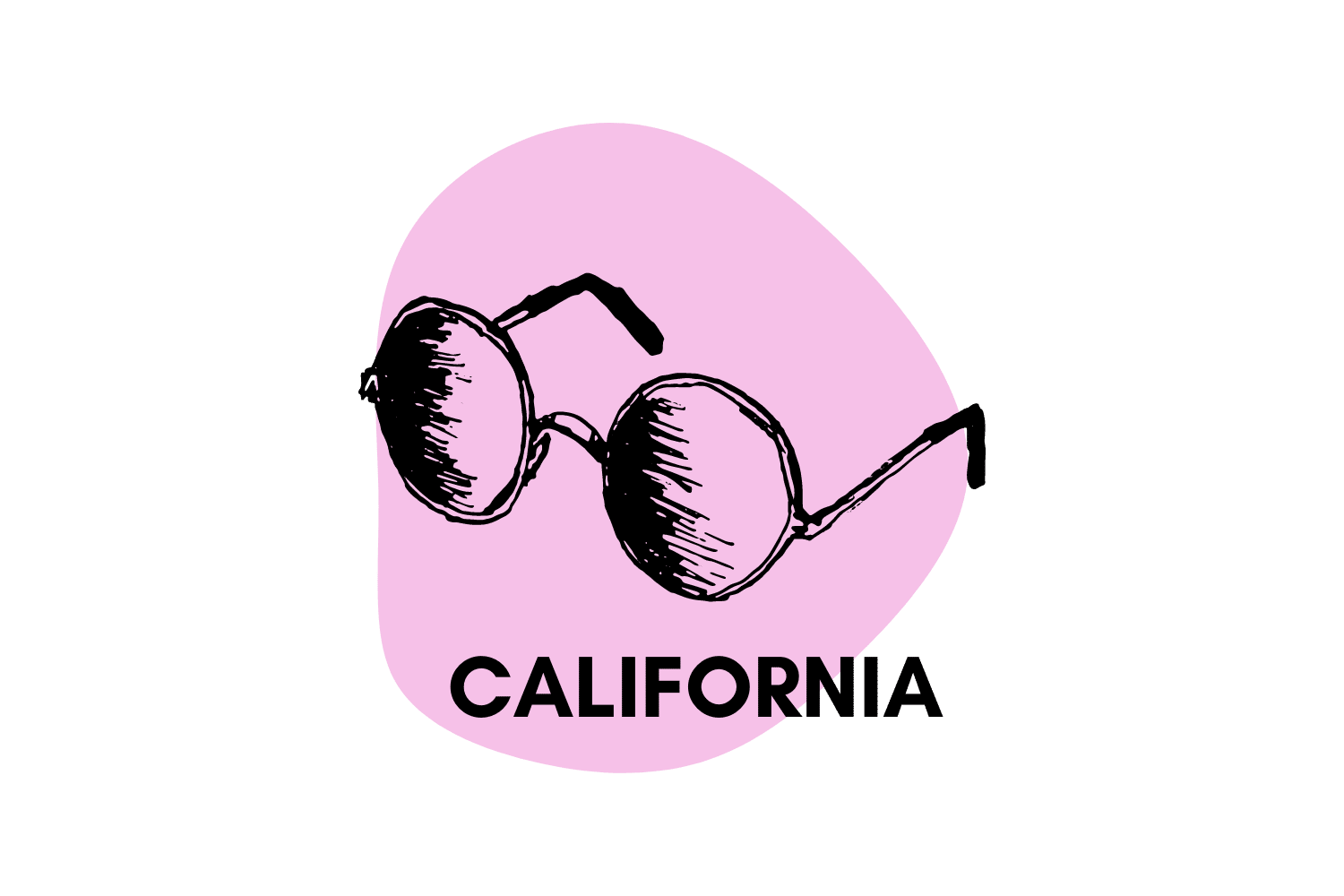
California is on the move to decriminalize many psychedelic substances, including magic mushrooms, peyote, San Pedro, ayahuasca, and others.
SB519 would have allowed the “sharing” and use of many natural psychedelics. This law wouldn’t have allowed for the commercial sale of these substances, however.
Now, SB58 has passed the Senate and could decriminalize certain psychedelics and allow the cultivation, transfer, and transportation of spores and mycelium that produce psilocybin or psilocin.
Here, we’ll dive into more detail about the laws and regulations for magic mushrooms, LSD, MDMA, ketamine, and more in the state of California.
Related: The Colossal Failure of the California Vape Ban
Summary: The State of Psychedelics in California
- ✅ Bill SB519 was gutted, but SB58 has passed the Senate.
- ✅ Natural psychedelics (including magic mushrooms) are decriminalized in Oakland, Santa Cruz, and Arcata (most recent).
- ✅ Cannabis is legal for both recreational & medical use in California.
- ✅ Delta 8 and delta 10 THC are also legal in California.
Are Magic Mushrooms Legal in California?
Magic mushrooms are currently illegal in California.
The failed Senate Bill 519 would have changed this by decriminalizing the possession, sharing, and non-commercial exchange of certain psychedelics for those 21 and older. Magic mushrooms were included in this bill.
Senate Bill 58 passed the Senate on May 24, 2023. The bill would decriminalize the “possession, preparation, obtaining, transfer, as specified, or transportation of, specified quantities of psilocybin, psilocin, dimethyltryptamine (DMT), ibogaine, and mescaline, for personal use or facilitated or supported use, as defined, by and with persons 21 years of age or older.” Paraphernalia pertaining to these substances would also be decriminalized.
Some California municipalities have already moved to decriminalize magic mushrooms and other natural psychedelics — including Oakland, San Francisco, Berkeley, and Santa Cruz.
Magic mushroom spores are already legal to buy and sell throughout the state of California because they don’t contain any of the restricted substances — psilocybin and psilocin. However, magic mushroom cultivation remains illegal in the state.
Related: Where Are Magic Mushrooms Legal?
Is LSD Legal in California?
In California, it’s illegal to use, sell, manufacture, transport, or possess LSD (lysergic acid diethylamide).
According to California Health and Safety Code 11350, the penalties for minor possession are stiff. You can be sentenced to up to one year in jail and fined up to $1,000.
On the other hand, the penalties for more significant possessions are worse. They have higher sentences of 16 months to three years in jail and fines of up to $20,000.
Unfortunately, many people are put in jail every year for possession of LSD in California.
Is MDMA Legal in California?
MDMA (ecstasy) is an illegal substance in California. Therefore, possession, sale, and manufacture of this substance have serious consequences.
According to Health and Safety Code 11377, the penalties for possessing small amounts of this substance are up to one year in jail and up to $1,000 in fines.
As of 2018, there is no permitted medical use of the substance. However, researchers have returned to the possibility of using ecstasy in the therapeutic setting, mainly to help people who have post-traumatic stress disorder.
The FDA is currently in the process of approving MDMA for use in a clinical setting. It’s unlikely we’ll see the legalization or decriminalization of MDMA for personal consumption in the near future.
Is Ketamine Legal in California?
Ketamine is currently legal for therapeutic use in California but remains illegal for recreational use.
You can already find ketamine clinics in all major cities in California.
Ketamine-assisted therapy focuses primarily on depression and can also help with many types of disorders. These include obsessive-compulsive, substance abuse, and post-traumatic stress disorders, among others.
What’s the Difference Between Legalization & Decriminalization
It’s very common to get confused between these two closely related terms: legalization and decriminalization.
Legalization means removing all penalties for a specific activity that was previously prohibited. There may still be restrictions on the sale or use of legalized substances.
For example, cannabis was recently legalized in the state, but heavy restrictions are imposed for both the seller and the buyer.
Decriminalization is different because it seeks to remove the penalties for possessing a given substance but may still bring fines and confiscation. Decriminalized substances are still technically illegal, and vendors can’t legally sell these substances.
Key Takeaways: What’s the Future of Psychedelics in California?
California was very close to decriminalizing psychedelics under SB519. The state has already legalized the sale of cannabis for non-medical use and will likely continue this trend of reducing penalties for other non-addictive drugs.
Senator Scott Wiener (who introduced SB5919) believes drug use isn’t a criminal issue; rather, it’s a health issue. He also accepts the proven health benefits of these substances.
With that said, California will likely decriminalize psychedelic drugs in the near future, though legalization might be a ways off.

